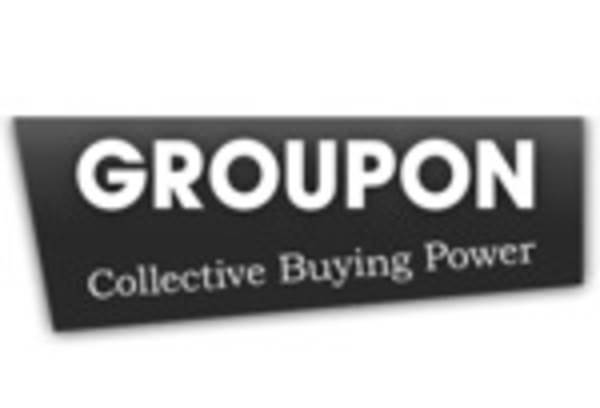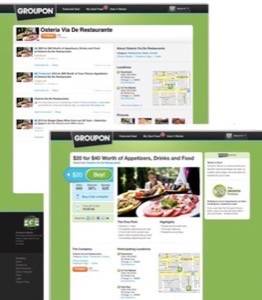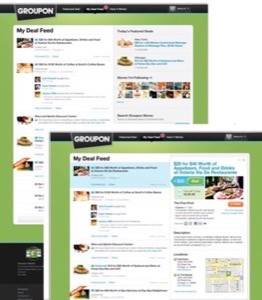Today, Groupon will meet by conference call with its board of directors to decide its fate regarding the rumored $5 billion-plus acquisition by Google, according to The Wall St. Journal. But the potential acquisition hasn’t slowed the company down one bit – it has just expanded into four more countries in Asia thanks to the purchase of three websites in the region: uBuyiBuy, Beeconomic and Atlaspost, which serves Hong Kong, Singapore, the Philippines and Taiwan.

In addition, Groupon announced, by way of company blog post, what it plans to launch next – features called “Groupon Stores” and the “Deal Feed.”
Why Groupon?
The biggest news surrounding Groupon comes from the now numerous reports of its impending acquisition by Internet search giant Google. With the price point for the purchase rumored at $5 billion or more, this would be Google’s largest acquisition to date. (In 2007, Google paid $3.1 billion for online ad provider DoubleClick, its largest acquisition so far).
Why Google’s interest in bargain shoppers’ favorite site? Because Groupon practically reinvented local advertising. Instead of just offering coupons or sales, advertisers don’t have to pay for marketing until customers arrive at their retail establishments, Groupon in hand. Details of how this, and similar systems work, were explored more thoroughly in Wired’s latest article on “The Coupon Rebellion.”
“
What we buy at Groupon… is the right to buy all that stuff at a huge discount, so long as we all act fast,” wrote Wired’s Matt Schwartz. “In other words, what Groupon sells (as its clever name indicates) is coupons, but with a social twist… Groupon makes money by turning its audience into bargain junkies. Every day, customers check their email or the Groupon website to find out about the daily deal in their city.”
He continues, “what Groupon represents is something far bigger. It’s the mainstreaming of a new current in American consumerism, an attitude born of the Internet’s DIY ethos and nurtured by the hard economic times. One might call it retail hacking: the reconception of shopping as not just a full-time job but a contact sport, a scrum in which consumers increasingly refuse to buy on the terms dictated to them.”
Simply put: Groupon was a genius idea, at precisely the right time.
New Features
Given all the hubbub surrounding the company, it was almost surprising to see it casually introduce upcoming features by way of a company blog post yesterday. Aren’t they a little busy with other things over there?
Groupon says that it will soon launch something called “Groupon Stores,” which allow businesses to create and launch deals whenever they want. Merchants will be able to setup permanent and free e-commerce presences on Groupon and submit deals for promotion to Groupon subscribers through email and the new Deal Feed (see below).

The Deal Feed lets Groupon users track all these deals, in a stream-like interface where you follow merchants and the deals they post. In the future, Groupon will add Facebook integration to this feed, so you can receive updates on what your friends are doing, where they shopped and more. (This may explain why Groupon’s Facebook app is demanding access to your check-ins, we figure).

For all the hype surrounding Groupon as of late, it’s worth noting that not all merchants have been happy with the service. In September, Groupon acknowledged there were some complaints via a blog post entitled “Too Much of a Good Thing?” In the post, the company reminded readers that most businesses aren’t burned by Groupon sending them too many customers – that’s usually a good thing.
Update: Shortly after publishing, news that Groupon has acquired San Mateo-based Ludic Labs, the local marketing services startup behind offerfoundry.com and diddit.com, is being reported by TechCrunch.

















